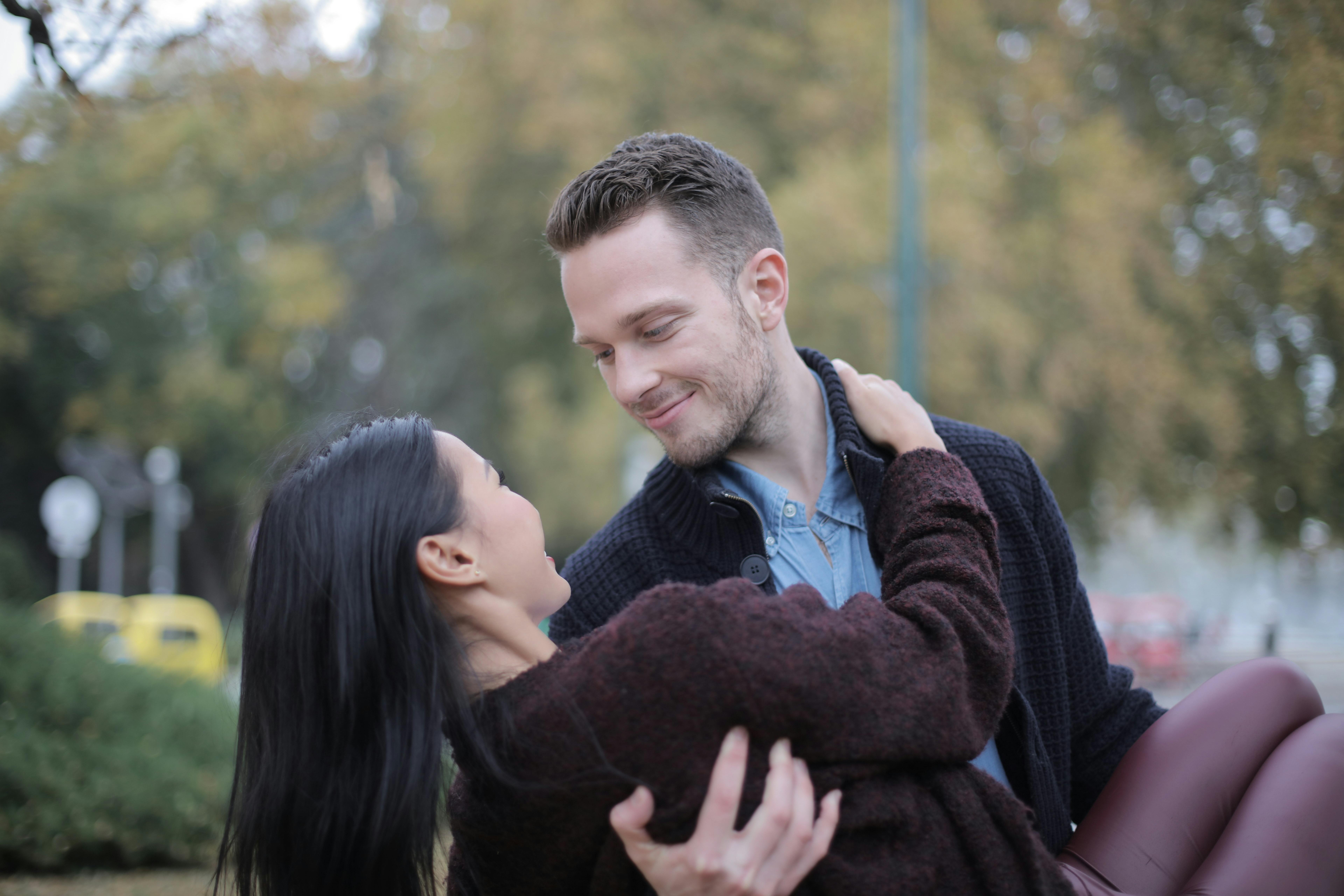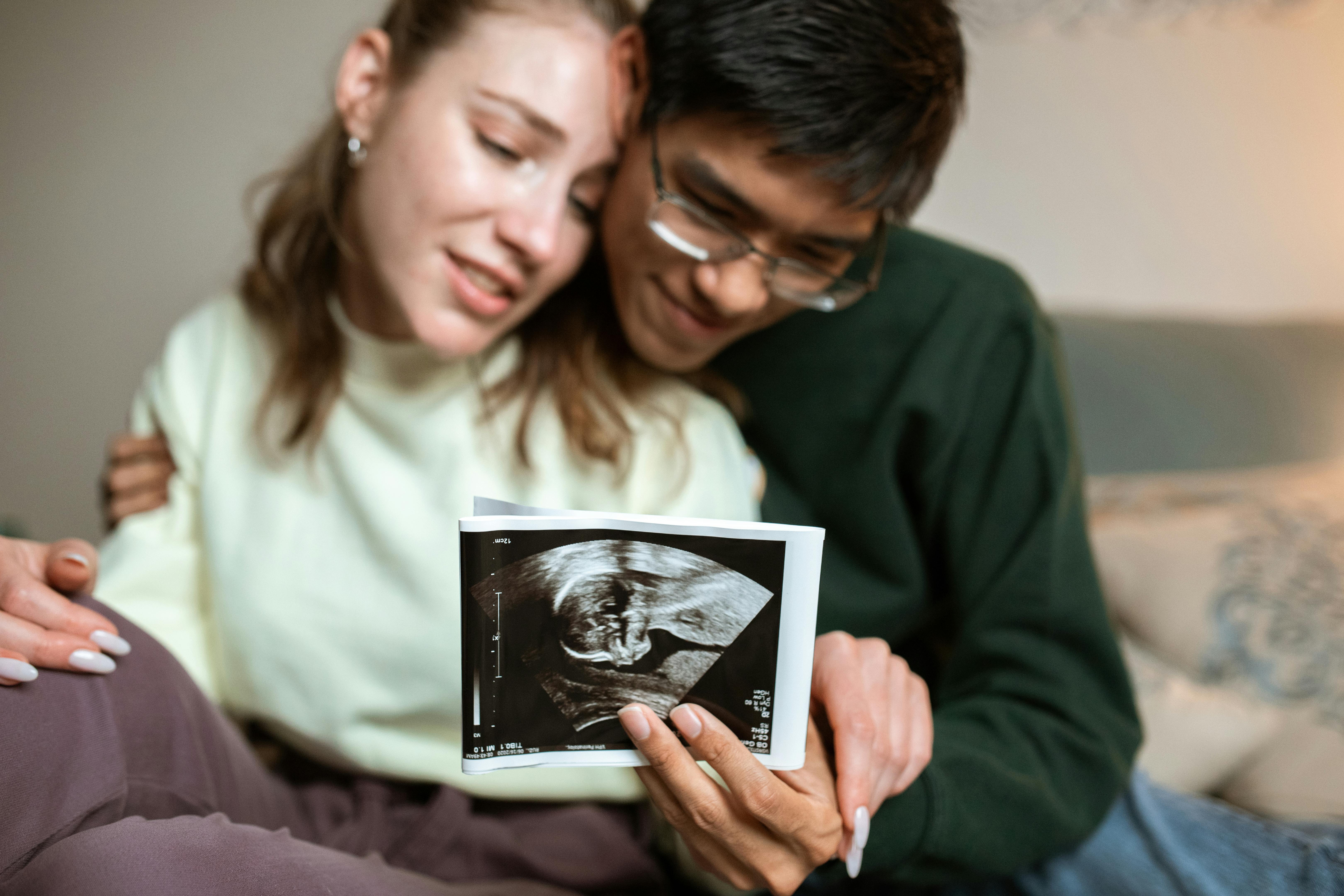Ukrainians love their many holidays and love to “celebrate” those holidays in a big way. It’s not uncommon for Westerners to be put off by the number of “highlight days” they observe, and the amount of fireworks and revelry that accompany them, not to mention the sheer amount of spirits consumed. Ukraine’s history that included paganism and later Christianity can be attributed to the evolution of many of its current festivals and holidays.
January 1 – New Year’s Day it is one of the most favorite of all holidays in Ukraine. As in Western countries on Christmas Eve, Ukrainians give “New Year” gifts, children receive their gifts under the New Year tree on the morning of January 1. Traditionally, just before midnight there is a nationally broadcast presidential address. When the clock strikes midnight, people open their bottles of champagne and toast. With the first drink they congratulate each other as the clock strikes 12 times and fireworks fill the sky. The week leading up to New Year’s is filled with shopping, work parties, decorating pine and fir trees, and preparing the most delicious meals of the year. The main folk heroes of this holiday are Father Frost (Did Moroz) and his granddaughter “Sniguron’ka” (Snow Girl). The tradition of predicting luck on this night is very popular among young people.
A quirky tradition includes writing your wish for the coming year on a piece of paper, then dropping it into your champagne and drinking it as the clock ticks twelve. Another popular “fun” tradition practiced mainly in the villages on New Year’s Eve is for single girls to go out into the street and throw one of their boots over the Hosterías fence. Whichever direction the toe of the boot ends up pointing indicates where the future husband will come from. Almost all businesses are closed from December 31 to January 8.
January 7 – Orthodox Christmas The period from January 7 to 14 is the Holy Week of Christmas. During this week people go from house to house singing songs and wishing good wishes for health, prosperity, etc. and just have a good time. They are usually dressed in folk or carnival costumes. Such activity is called “Kolyaduvannya” and “Schedruvannya”. The songs are called “kolyadky” and “schedrivky”. When someone sings these songs and greets you, generally you should give them candy, food, drinks, or whatever you have as a token of appreciation. . It is believed that everything that people have sung in their Kolyadka and Schedrivka will come true.
Also during the New Year holidays, until January 14, it is common for children (and sometimes adults in the villages) to go from one house to another wishing the owner of the house New Year’s wishes, new happiness, health, etc. . . All those wishes are usually said in rhymes and with the spreading of seeds, such as wheat or other grains. This shows a desire for prosperity for the house. This practice is called “Posivannya”. In exchange, some token is usually given, usually food, drink, sweets or money.
For more vacations, feel free to visit our website: BestOfUkraine.com



